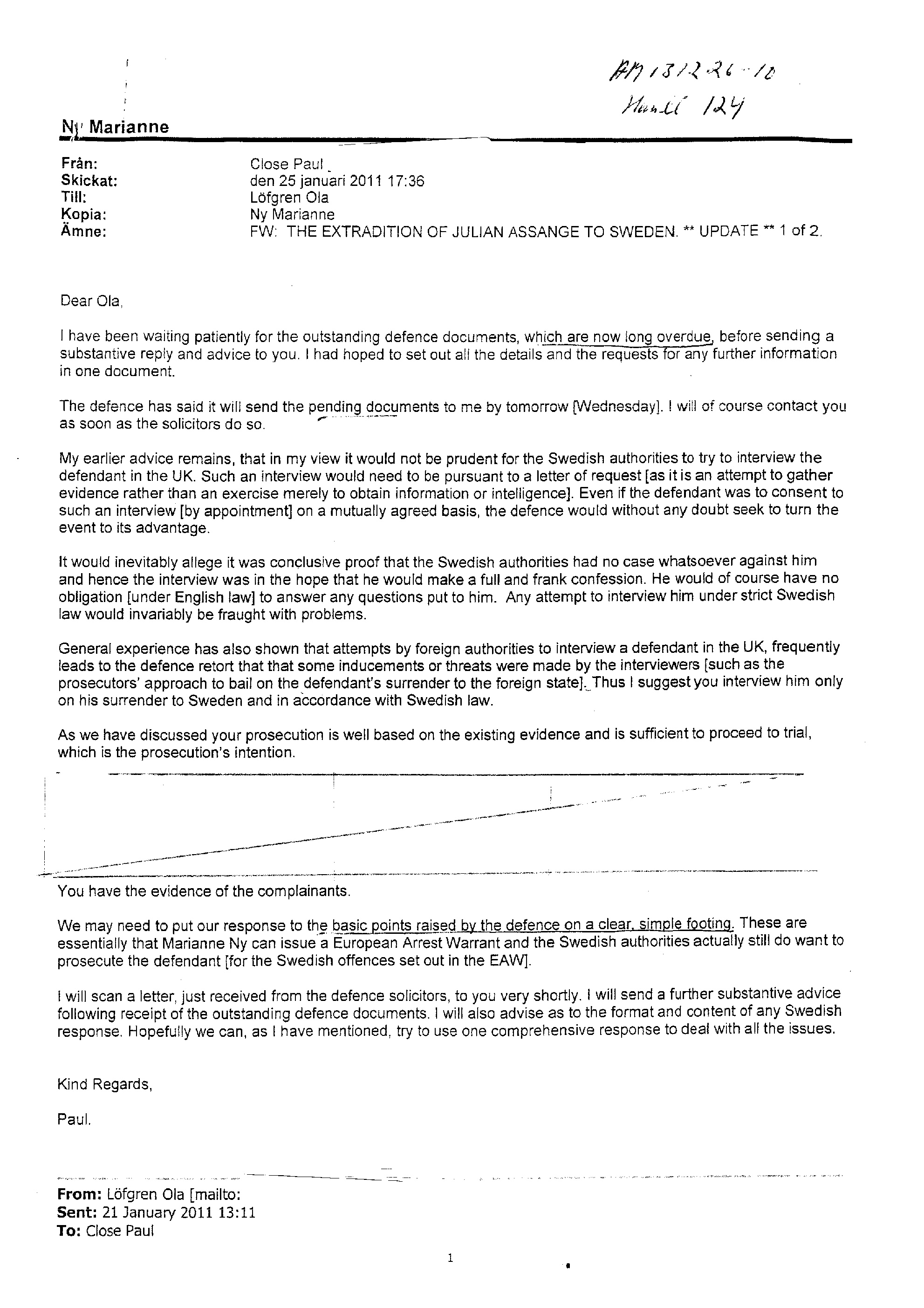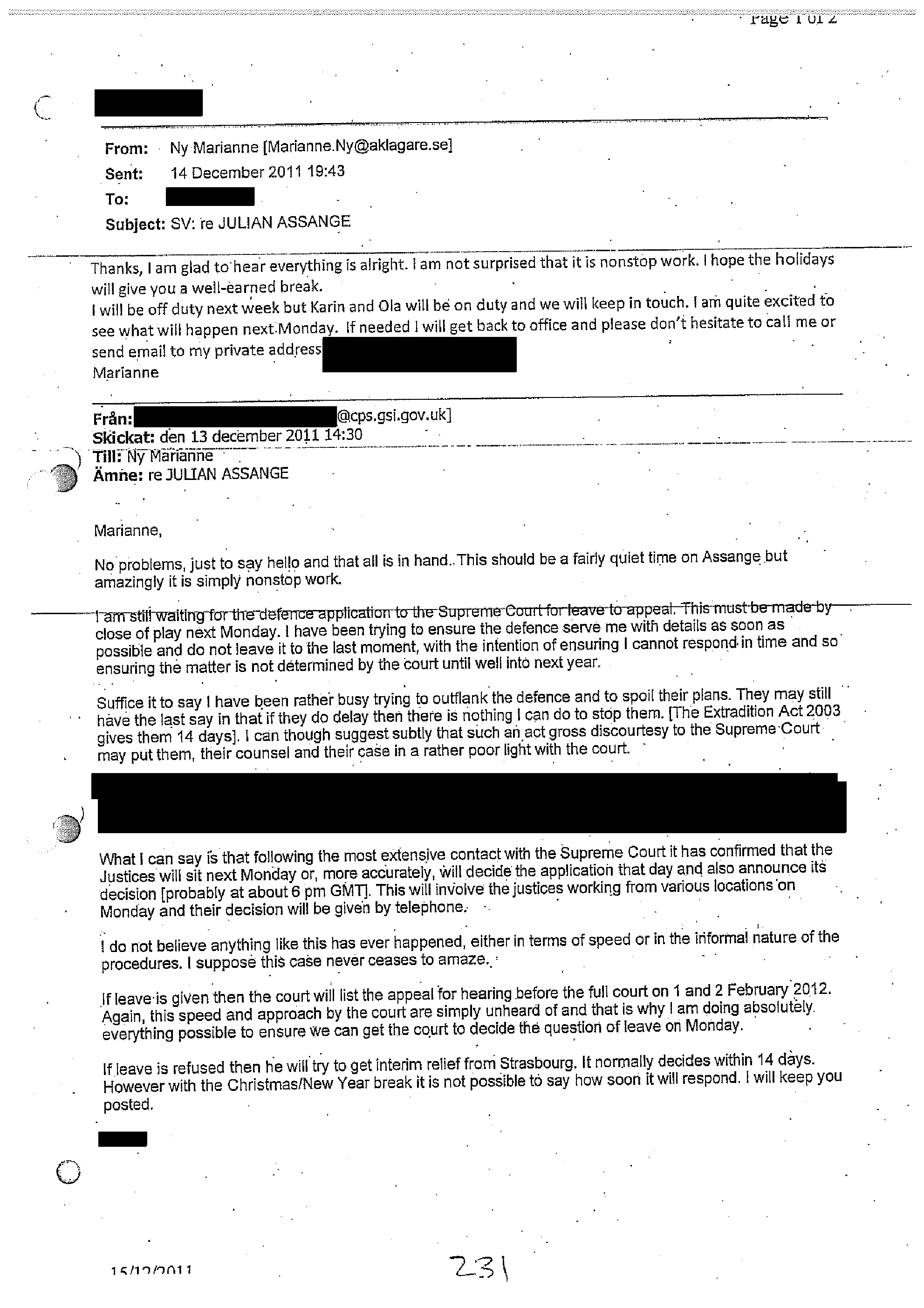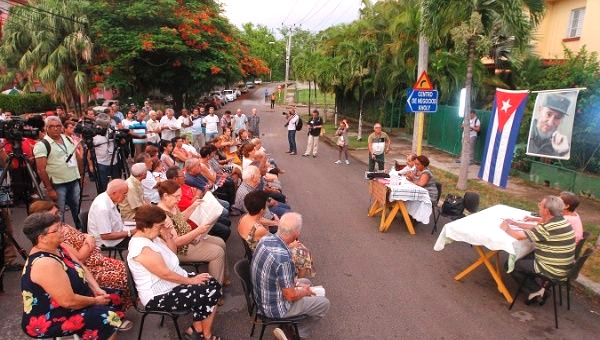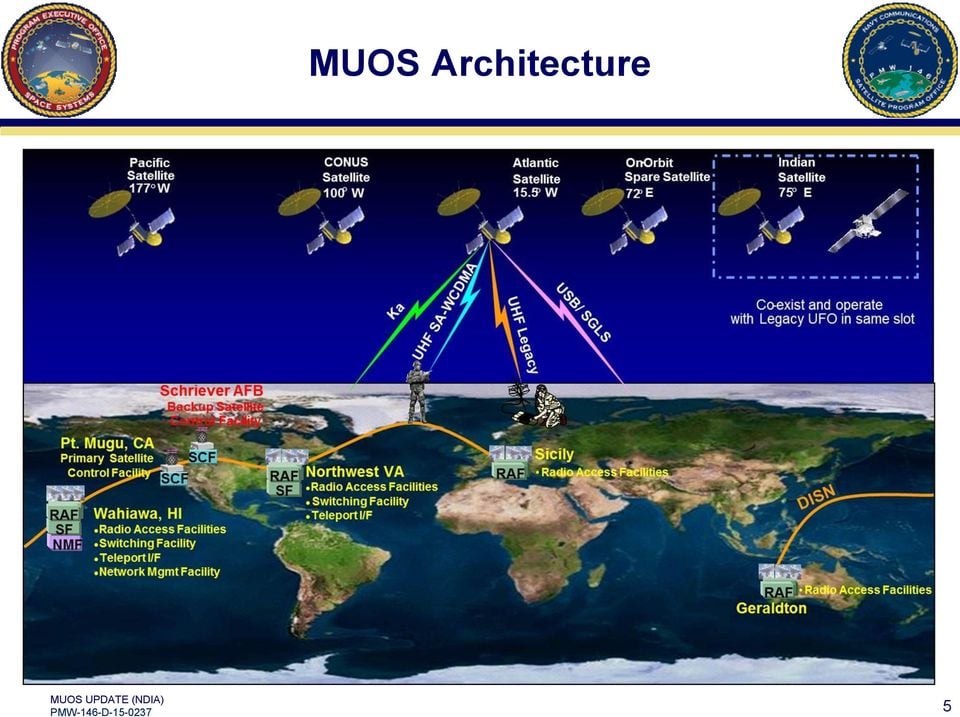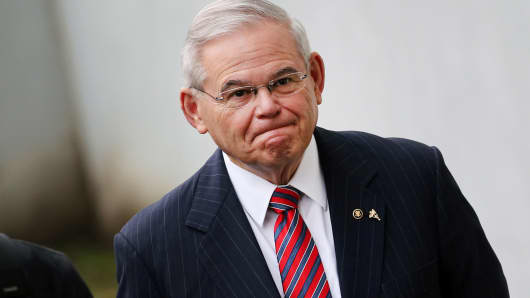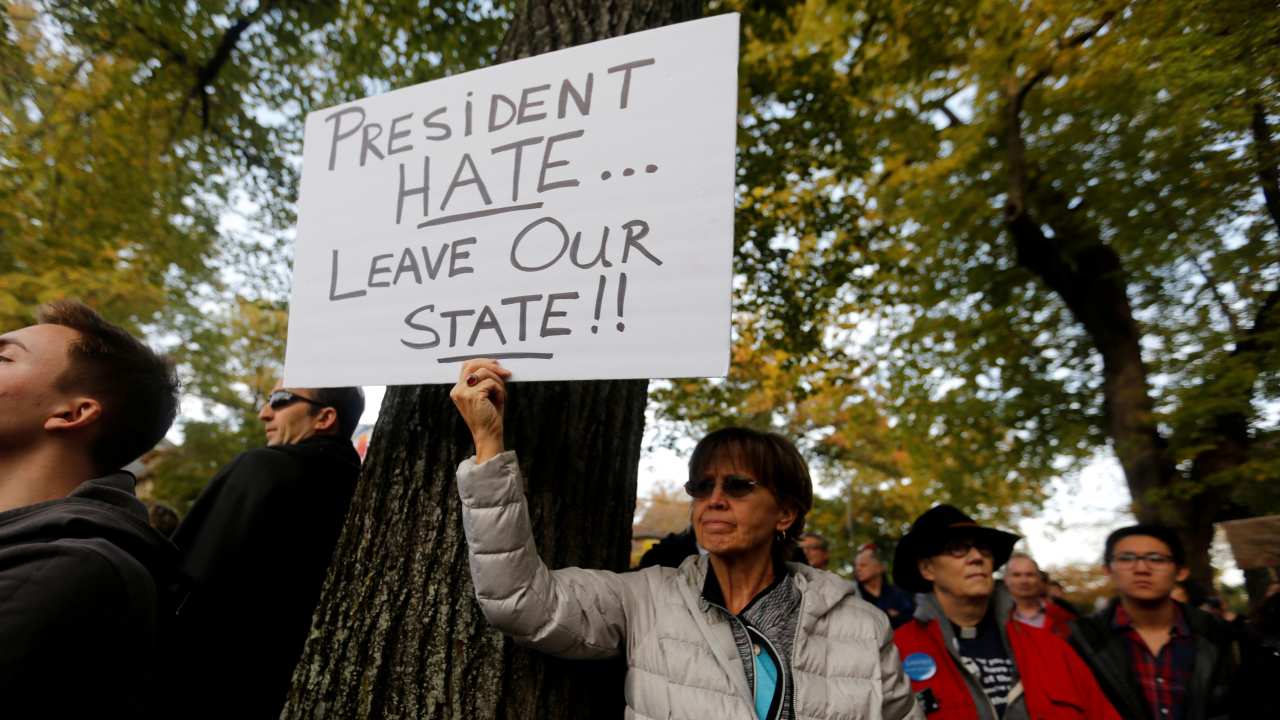Originally published in November 2014
In 2011, as the entire world watched the Arab Spring in amazement, the US and its allies, predominantly working under the banner of the North Atlantic Treaty Organization (NATO) and the Gulf Cooperation Council (GCC), militarily overran the Libyan Arab Jamahiriya.
The peaceful civilian protesters they claimed to be intervening to protect were not really what the US and its cohorts presented to the world. Many of these so-called “protesters” were armed, and when this became apparent they eventually began to portray themselves as “rebel forces.” These so-called “rebels” in Libya were not a military force that emerged spontaneously for the most part, but an insurgency movement cultivated and organised before any opposition activities were even reported in Libya.
After Libya’s rapprochement with the US and the European Union, it was unthinkable to many that Washington and any of its allies could even have been preparing to topple the Libyan government. Business and trade ties between Libya and the US, Britain, Italy, France, Spain, and Turkey had bloomed since 2003 after Colonel Muammar Qadhafi opted for cooperation with Washington. No one imagined that Saif Al-Islam Qadhafi’s “New Libya” with its neo-liberalism could be on a collision course with NATO.
Yet, the US and its EU partners for several years made preparations for taking over Libya. They had infiltrated the Jamahiriya’s government, security and intelligence sectors. Longstanding imperialist objectives existing since the Second World War, aimed at dividing Libya into three colonial territories, were taken out of government filing cabinets in Washington, London, Paris and Rome, and circulated at NATO Headquarters in Brussels.
In league with these colonial plans, the US and its allies had been cultivating ties with different members of the Libyan opposition and had always reserved the option of using these opposition figures for regime change in Tripoli. Putting together their colonial designs and mobilising their agents, the US and its allies began organising the stage for establishing the Transitional National Council (TNC) – simply called the Transitional Council – and similar bodies to govern Libya as its new puppet leadership. The British and French even held joint invasion exercises months before the Libyan conflict erupted with the Arab Spring in 2011, while various intelligence services and foreign military commandos from NATO and GCC countries were also on the ground in Libya helping to prepare for the destabilisation of the North African country and the toppling of the Jamahiriya’s government and institutions.
Realities have been turned upside down and the victims were grossly portrayed as the aggressors in the conflict. While the Transitional Council’s forces, augmented by mercenaries and foreign fighters, were torturing, raping, and murdering civilians and those that were standing in their way with the aid of NATO and the GCC, Muammar Qadhafi was inflexibly and exclusively blamed for all the violence inside Libya. Nor were the atrocities an exclusively Libyan versus Libyan matter. During the conflict, NATO committed serious war crimes and crimes against humanity in its effort to overrun and control the North African country. Not only did foreign journalists help justify and sustain the war, but they played major roles in assisting NATO’s war effort by passing on information about Libyan targets and checkpoint locations to the Jamahiriya’s enemies. The war, however, did not go as planned and Libyan resistance proved far stronger than the Pentagon and NATO initially imagined.
In the course of the confrontation and at the international level, a series of human rights organisations and think-tanks were utilised for preparing the stage for the conflict in Libya and the toppling of its government. These organisations were mostly part of a network that had been working to establish the mechanisms for justifying interventionism and creating the net of individuals and public faces needed for creating a proxy government in Libya in the false name of “democracy.” When the time came, these bodies coordinated with the NATO powers and the mainstream media in the project to isolate, castrate, and subjugate the Libyan Arab Jamahiriya. These so-called human rights organisations and the mainstream media networks worked together to propagate lies about African mercenaries, Libyan military jet attacks on civilians, and civilian massacres by Muammar Qadhafi’s regime.
International news networks extensively quoted these human rights organisations in what would amount to a self-fuelled cycle of misinformation, while the same human rights organisations continued to make claims on the basis of the media’s reports. In other words, each side fed the other. It was this web of lies that was presented at the Human Rights Council in the United Nations Office at Geneva and then handed to the United Nations Security Council in New York City as the basis for the war in Libya. These lies were accepted without any investigation being launched by the United Nations or any other international bodies. Any Libyan requests for international investigation teams were ignored. It was from this point onward that NATO used the UN Security Council to launch its war of aggression against Libya under the pretext of protecting civilians and enforcing a no-fly zone over the Arab country. Although not officially accepted by the United Nations Security Council, the “Responsibility to Protect” (R2P) doctrine was being showcased as a new paradigm for military intervention by NATO.
All known advocates of Pentagon militarism and global empire demanded this war take place, including Paul Wolfowitz, John McCain, Joseph Lieberman, Elliott Abrahams, Leon Wieseltier, John Hannah, Robert Kagan, and William Kristol. The Project for the New American Century (PNAC) and the neo-conservative crowd was aligned with the realist foreign policy camp in Washington. The entire US establishment lined up to pick off Tripoli and reduce it to a weak and divided African protectorate.
Libya and the New “Scramble” for Africa
To put NATO’s war in Libya within the framework of historic analysis, one only needs to be reminded that the main thrust of the sudden physical European colonisation of Africa, called the “Scramble for Africa,” started when an economic recession originally called the “Great Depression,” but in retrospect renamed as the “Long Depression,” hit much of Europe and North America from roughly 1873 to 1893. In this period the entire tempo of Western European contact with African nations transformed.
Prior to this economic recession, Western European companies and enterprises were content dealing with African leaders and recognising their authority. Few Western European colonies in Africa had existed aside from a few coastal strips based on strategically-placed trading posts in Sierra Leone and Lagos in the possession of Britain; Mozambique and Angola in the possession of Portugal; and Senegal in the possession of France. At this time the biggest external force in Africa was the Ottoman Empire, which was beginning its long decline as a great power.
Even with Western European colonial incursions into Africa by Britain, France, and Portugal, most of the African continent was still free of external or alien control. Intensified European economic rivalries and the recession in Western Europe, however, would change this. Britain would lose its edge as the world’s most industrialised nation as the industrial sectors of the USA, France and Germany all began to increasingly challenge British manufacturers. As a result of the recession and increased business rivalries, the corporations of Western European countries began to push their respective governments to adopt protectionist practices and to directly intervene in Africa to protect the commercial interests of these corporations. The logic behind this colonial push or “scramble” was that these Western European governments would secure large portions of Africa as export markets and for resource imports for these corporations alone, while these African territories would effectively be closed off to economic rivals. Thus, a whole string of Western European conquest began in Africa to secure ivory, fruits, copal (gum), cloves, beeswax, honey, coffee, peanuts, cotton, precious metals, and rubber.
Although appropriating Libya’s financial and material wealth were objectives of the NATO war in 2011, the broader objectives of the criminal war were part of the struggle to control the African continent and its vast wealth. The “Scramble for Africa” was repeating itself. Just like the first time, recession and economic rivalries were tied to this new round of colonial conquest in the African continent.
The emergence of Asia as the new global centre of gravity, at the expense of the nations of the North Atlantic in North America and Western Europe, has also primed the United States and its allies to start an endeavour to close Africa off from the People’s Republic of China and the emerging centres of power in Russia, India, Brazil, and Iran. This is why the Pentagon’s United States Africa Command (USAFRICOM/AFRICOM) played a major role in the war.
The London Conference on Libya, where the Libya Contact Group was formed on 29 March 2011, was a modern version of the Berlin Conference of 1884, which attempted to solidify the gains made by European colonial powers in their first rush to control African societies and territory. The Istanbul Conference on Libya, where the Libya Contact Group met for the fourth time on 15 July 2011, was virtually a declaration of the intentions of the US and these countries to appropriate Libya’s vast wealth. This is a template for usurping the wealth of other countries in Africa and beyond. In this regard, the Transitional Council has served as nothing more than a proxy that was designed to help embezzle Libya’s vast wealth.
Moreover, Libya had to be neutralised in line with the intentions of this project to reclaim Africa, because of Qadhafi’s pan-African ambitions to unify the African continent under Libyan leadership. Libya and its development and political projects were effectively erecting a barrier to the re-colonisation of the African continent. In this regard, the war was launched by “Operation Odyssey Dawn.” This name is very revealing. It identifies the strategic intent and direction of the campaign in Libya. ‘The Odyssey’ is an ancient Greek epic by the poet Homer that recounts the voyage and trails of the hero Odysseus of Ithaca on his voyage home. The main theme here is the ‘return home.’ In other words, the military assault’s codename meant that countries like the US, Britain, France, Italy, Germany, Belgium, and Turkey were on their own odyssey of ‘return’ into Africa.
The Crown of Africa
Libya is a lucrative prize of massive economic value. It has immense oil and gas resources, vast amounts of underground water from the Nubian Sandstone Aquifer System, important trade routes, substantial foreign investments, and large amounts of liquid capital. Up until 2011, Libya was blessed with a rare gift in regard to its national revenue in that it saved a significant amount. In fact Libya possessed more than US$150 billion in overseas financial assets and had one of the largest sovereign investment funds in the world at the start of 2011.
Until the conflict in Libya ignited, there was a very large foreign work force in the Jamahiriya. Thousands of foreign workers from every corner of the globe went to Libya for employment. This included nationals from places like the Philippines, Turkey, sub-Saharan Africa, China, Latin America, Belarus, Italy, France, Bulgaria, Romania, Canada, Russia, Ukraine, Serbia, and every corner of the Arab world. For years, these jobs inside Libya were an important source of economic remittances in the cases of some African economies, such as Niger. Moreover, many foreign workers from places like the Philippines and Italy even chose to make their lives in Libya and open their own local businesses.
Before the NATO war, Libyan society had come a long way since 1951 when it became an independent African country. In 1975, the political scientist Henri Habib described Libya on the dawn of its independence as a backward country saying: “When Libya was granted its independence by the United Nations on December 24, 1951, it was described as one of the poorest and most backward nations of the world. The population at the time was not more than 1.5 million, was over 90% illiterate, and had no political experience or knowhow. There were no universities, and only a limited number of high schools which had been established seven years before independence.”
According to Habib, the state of poverty in Libya was the result of the yoke of Ottoman domination followed by an era of European imperialism in Libya that started with the Italians. He explained that, “[e]very effort was made to keep the Arab inhabitants [of Libya] in a servile position rendering them unable to make any progress for themselves or their nation.” This colonial yoke, however, began its decline in 1943 after Italy and Germany were defeated in North Africa during the Second World War.
In 1959 Libya’s oil reserves were discovered. Despite political mismanagement and corruption, since 1969 these Libyan oil reserves were used to improve the standard of living for the country’s population. In addition to the revenue from Libyan energy reserves, the Libyan government played an important role in maintaining Libya’s high living standards. Although never fully nationalised, Libya’s oil would only, in progressive steps, fall under the control of Libyans after the 1969 coup against the Libyan monarchy by Qadhafi and a group of young military officers. Before 1969 most of the country’s oil wealth was actually not being used to serve the general public. Under Qadhafi’s leadership this changed and the National Oil Company was founded on 12 November 1970.
To a certain extent the isolation of Libya in the past as a pariah state played a role in insulating Libya economically and maintaining its standards of living. From an economic standpoint, most of the Arab world and Africa have become globalised as components of an integrated network of regional economies tied to the United States and the European Union. Libyan integration into this global economic system was delayed because of the past political isolation of the Libyan Arab Jamahiriya when Washington, London, and Paris were openly at odds with Tripoli.
Despite having vast sums of money stolen and squandered by Qadhafi’s family and their officials, social services and benefits, such as government housing and numerous subsidies, were available to the Libyan population. It has to be cautioned too that the apparatus of a modern welfare state does not mean that neo-liberal restructuring and poverty were not afoot in Libya, because they very much were. What this means is that economics was not the driving force for the internal dimension of the fighting in Libya. For years, up until 2011, Libya had the highest standards of living in Africa and one of the highest in the Arab world. There is an old Libyan proverb, “if your pocket becomes empty, your faults will be many.” In this regard, Libya’s faults were not many in economic terms.
In 2008, Libya had protests that were reportedly caused by unemployment. Most protests in Libya from 2003 to 2011, however, did not have any real economic dimension dominated by breadbasket issues. This set the Jamahiriya apart from Arab countries like Tunisia, Egypt, and Jordan where breadbasket issues were important factors behind the protests that erupted during the same period in 2011. This, of course, does not mean the protest movements in the latter Arab countries were strictly the result of breadbasket issues and economics either. Demands for personal freedoms and backlashes against corruption were major motivating factors behind the fuelling of public anger in all these Arab states. In Libya, if anything, the frustration tied to the rampant corruption rooted amongst Jamahiriya authorities and officials had created shifting tides of resentment towards the government.
As briefly mentioned, Libya also has vast amounts of underground water stored in the ancient Nubian Sandstone Aquifer System, which is situated under the territories of Chad, Egypt, Libya, and Sudan. Libya and Egypt hold the largest shares of this water source. In a joint initiative, called the Nubian Aquifer Project, the International Atomic Energy Agency (IAEA), the United Nations Development Programme (UNDP), and the financial organisation Global Environment Facility (GEF), have all worked with the governments of these four African countries to study this vast source of underground water beneath the Sahara Desert. Using isotopes, the IAEA three-dimensionally mapped the Nubian Sandstone Aquifer System.
In the Jamahiriya, the Great Man-Made River Project was initiated under the orders of Colonel Qadhafi followed by the establishment of the Great Man-Made River Authority in 1983 to exploit the Nubian Sandstone Aquifer System for the benefit of Libya and the other regional countries in the Sahara and the Sahel regions. The project was domestically funded mostly by taxes on fuel, tobacco, and international travel, with the remainder of funding provided directly by the Libyan state. Up until 2008 the Libyan government had spent about US$19.6 billion dollars on the water project.
According to the Isotope Hydrology Section of the IAEA, the Nubian Sandstone Aquifer System is the world’s largest fossil aquifer system and will be “the biggest and in some cases the only future source of water to meet growing demands and development” amongst Chad, Egypt, Libya, and Sudan. As fresh water supplies become limited globally, it was forecast Libya’s water supplies will be of greater value domestically and regionally. Huge water multinationals in the US, France and elsewhere were salivating at the idea of privatising Libyan fresh water and controlling the Nubian Sandstone Aquifer System.
The Libyan Investment Authority (LIA) had shares and invested in major international corporations such as oil giant British Petroleum (BP), the world’s largest aluminium producer United Company RUSAL in Russia, the US conglomerate General Electric (GE), the Italian bank and financial giant UniCredit, the Italian oil corporation Ente Nazionale Idrocarburi (ENI), the German engineering and electronic conglomerate Siemens, the German electricity and gas company Rheinisch-Westfälisches Elektrizitätswerk (RWE), British publishing giant Pearson, and British telecommunications giant Vodafone (UK). Libya had purchased Exxon Mobil’s subsidiary in the Kingdom of Morocco, Mobil Oil Maroc, and bought half of Kenya’s oil refinery. The LIA bought all of Royal Dutch Shell’s service stations in Djibouti, Ethiopia, and Sudan in 2008. Tripoli announced in the same year that it was buying a major share of Circle Oil, an international hydrocarbon exploration company with operations in Egypt, Morocco and Tunisia. A Libyan agreement was also made with the Democratic Republic of Congo (DRC) to build a pipeline in the western part of its territory. Large investments were made by Libya in agricultural, industrial and service projects in Africa from Egypt and Niger to Mali and Tunisia.
In 2008 Goldman Sachs was given US$1.3 billion dollars by the Libyan Investment Authority. In unfathomable terms, Goldman Sachs told the Libyans that 98% of their investment was lost overnight, which means the Libyans lost almost all the money they gave Goldman Sachs. To Tripoli and other observers it was clear Goldman Sachs had merely appropriated the Libyan investment as a cash injection, because it needed the funds due to the global financial crisis. Afterwards, Jamahiriya officials and Goldman Sachs executives tried negotiating a settlement under which Goldman Sachs would give Tripoli huge shares in the Wall Street financial giant. These negotiations between Libya and Goldman Sachs for a settlement finally ended in 2009 with both sides failing to agree on a formula to replace the Libyan money that Goldman Sachs had effectively appropriated from Tripoli.
Goldman Sachs was not alone in filching Libyan investment funds: Société Générale S.A., Carlyle Group, J.P. Morgan Chase, Och-Ziff Capital Management Group, and Lehman Brothers Holdings were also all in possession of vast Libyan investments and funds. In one way or another, NATO’s war on Libya and the freeze of Libyan financial assets profited them all. They and their governments were also not happy with Qadhafi’s ideas and proposal to the United Nations that the former colonial powers owed Africa almost US$800 trillion dollars.
The fact that Libya happened to be a rich country was one of its crimes in 2011. Oil, finance, economics, and Libyan natural resources were always tempting prizes for the United States and its allies. These things were the spoils of war in Libya. While Libyan energy reserves and geopolitics played major roles in launching the 2011 war, it was also waged in part to appropriate Tripoli’s vast financial holdings and to supplement and maintain the crumbling financial hegemony of Wall Street and other financial centres. Wall Street could not allow Tripoli to be debt-free, to continue accumulating international financial possessions, and to be a creditor nation giving international loans and investing funds in other countries, particularly in Africa. Thus, major banks in the United States and the European Union, like the giant multinational oil conglomerates, had major roles and interests in the NATO war on Tripoli.
An Overview of the African Geopolitics of the War on Libya
NATO’s operations in the Libyan Arab Jamahiriya have helped erode Libyan political unity, which has had clear implications for the North African country’s spatial unity and all the nations bordering Libya. Libya and its region have been destabilised. The domino effect can clearly be seen at work in Niger, Mali, and the Central African Republic where there has been fighting as a result, at least in part, of the NATO war on Libya.
Within a strictly African context, Libya sits at an important geographic point. The country is a geographic gateway into Africa and connects the northeast and northwest sections of the continent. Libya’s national territory falls within the Sahara and Sahel regions and events in Libya directly influence Sudan, Egypt and the regions of the Maghreb, West Africa, and Central Africa. Libya is also one of the states that provide access to the open sea for landlocked Chad and Niger. Aside from Tunisia, all of the countries on Libya’s borders touch and connect the bulk of Africa’s regions with the exception of the southern region of the continent. Casting out the Tunisian Republic, these bordering African states are Egypt, Sudan, Chad, Niger, and Algeria. Libya’s position is very special in this regard and this territorial embrace with these other large African states bordering multiple countries and regions is very important and would be pivotal if the Libyan project to connect the continent through a north to south and east to west transportation and trade corridor were to be developed fully.
From a socio-cultural standpoint, Libya has tribal and cultural ties to all of the bordering countries. Ethnic differences in Libya exist too, but are minor in degree. Libyans predominately consider themselves to be Arabs. The largest Libyan minority are the Berbers, which can roughly be divided into northern groups and southern groups. There was always awareness that tribalism in Libya, if given antagonistic political connotations, could be a very dangerous thing for Libya and the bordering countries. The tribes that Libyans belong go beyond Libyan borders and form a chain in an overlapping tribal network extending all the way from Niger into Burkina Faso and Mauritania. Tribal fighting in Libya could destabilise countries like Senegal and Mali in West Africa, Chad in Central Africa, Algeria in North Africa, and Sudan in East Africa. It is in this context that NATO powers began speaking about an Arab-Berber divide in North Africa in 2011. Regime change in Tripoli has left a political vacuum where politics has fuelled tribalism and regionalism in Libya, which is now warily watched by all of the countries bordering Libya and affecting them.
“A New Beginning” in Cairo: Obama’s attempts to Manipulate Islam
Identity politics and faith have also wound up as factors in the competing exchange of geopolitical currents governing the sea of events surrounding Libya. The questions of what is a Libyan and what is an ethnic Arab have been superimposed as factors in the war on the Jamahiriya as a means of attacking the pan-African movement and separating Libya, and North Africa in broader terms, from the rest of Africa. Faith and religiosity have also been mounted as dynamics that are being sought as geopolitical tools and weapons of influence.
President Barack Hussein Obama was elected by tapping into the hopes of the US public and presenting himself as a “prince of peace” and “messiah of hope.” Amongst his elegant speeches, he claimed to have a desire to reengage with the so-called Muslim World. Since 2009 Obama has consistently tried to utilise what he sees as both his African and Muslim credentials on the basis of having a Kenyan father who was a Muslim, to present himself as a “Son of Africa” and as someone sympathetic to Muslims. As part of his outreach to Muslims, President Obama gave a highly promoted speech at Cairo University on 4 June 2009. Obama’s presidential speech was named “A New Beginning” and was supposedly meant to repair the damages in the relationship between the US and the so-called Muslim World. The speech is described as such by the White House:
“On June 4, 2009 in Cairo, Egypt, President Obama proposed a new beginning between the United States and Muslims around the world, based upon mutual interest and mutual respect. Specifically, the President said that the U.S. would seek a more comprehensive engagement with Muslim-majority countries, countries with significant Muslim populations, and their people by expanding partnerships in areas like education, economic development, science and technology, and health, among others, while continuing to work together to address issues of common concern.”
Many people in predominantly Muslim states were fooled by his pledges of peace and mutual respect. In his actions, Barack Obama proved to be no less of a war hawk than his predecessors in the Oval Office. His Cairo speech was significant because it actually marked the start of a new campaign by the US to geopolitically use Muslims and their hopes and aspirations. In the same timeframe as his speech, the US State Department began to engage with the Muslim Brotherhood and even prior to the speech asked for members to attend Cairo University to hear him.Almost as if foreshadowing the coming of the so-called Arab Spring, the speech in Cairo’s fourth point was about the rise of democracy and the instability of regimes suppressing democratic values. Many of the organisations and figures that became involved in the Arab Spring and supportive of the war in Libya would all hasten to Obama’s calls for a “New Beginning.” Amongst them was Aly (Ali) Abuzaakouk, who helped found the Transitional Council.
From Jakarta, Indonesia, in late-2010, Obama would go on with his themes of engagement with the Muslim World and speak about democracy, faith, and economic development in his second speech addressing Muslims. From that point on Al-Qaeda faded from the spotlight of US foreign policy and, well into the upheavals of the Arab Spring, the US worked to put the ghost of Osama bin Laden to rest by declaring in statements that were altered several times that the Al-Qaeda leader was killed in Pakistan by a team of CIA agents and US Navy commandos on 2 May 2010. What this all amounted to was the preparations for the fielding of US agents amongst opposition groups in the predominately Muslim countries of the Arab world and an attempt to subordinate the faith of Islam as a tool of US foreign policy by using fighters and proxy political parties that used the banner of Islam. Thus, Washington’s alliance with deviant militant groups claiming to fight under the banner of Islam was rekindled in 2011. This alliance manifested itself in the fighting in Libya and later further east on the shores of the Mediterranean in Syria and Lebanon.
Libya Now: Destitute, Divided and in Conflict
The historic project to divide Libya dates back to 1943 and 1951. It started with failed attempts to establish a trusteeship over Libya after the defeat of Italy and Germany in North Africa during the Second World War. The attempts to divide Libya then eventually resulted in a strategy that forced a monarchical federal system onto the Libyans similar to that established over Iraq following the illegal 2003 Anglo-American invasion. If the Libyans had not accepted federalism in their relatively homogenous society they could have forfeited their independence in 1951.
During the Second World War the Libyans aided and allowed Britain to enter their country to fight the Italians and the Germans. Benghazi fell to British military control on 20 November 1942, and Tripoli on 23 January 1943. Despite its promises to allow Libya to become an independent country, London intended to administer the two Libyan provinces of Tripolitania and Cyrenaica separately as colonies, with Paris to be given control over the region of Fezzan, which is roughly one-third of Libya, the area to the southwest of the country bordering Algeria, Niger, and Chad (see map on page 60). Following the end of the Second World War, the victors and Italy attempted to partition Libya into territories that they would govern as trust territories. The American, British, French, and Soviet governments referred the matter to the UN General Assembly on 15 September 1945. There, the British and the Italians made a last-ditch proposal on 10 May 1949, called the Bevin-Sfora Plan for Libya, to have Libyan territory divided into an Italian-controlled Tripolitania, a British-controlled Cyrenaica, and a French-ruled Fezzan. This failed because of the crucial single vote of Haiti, which opposed the partition of Libya.
The British then turned to King Idris to softly balkanise Libya through the establishment of a federal emirate. A National Assembly controlled by King Idris and an unelected small circle of Libyan chieftains was to be imposed. This type of federalist system was unacceptable to most Libyans as it was intended to be a means of sidestepping the will of the Libyan people. The elected representatives from the heavily populated region of Tripolitania would be outweighed by the unelected chieftains from Cyrenaica and Fezzan.
This did not sit well with many Arab nationalists. Cairo was extremely critical of what the US and its allies were trying to do and called it diplomatic deceit. Nevertheless, even with the opposition of most Libyans, federalism was imposed on Libya in 1951 by Idris. Libyans popularly viewed this as Anglo-French treachery. Idris was forced to abolish the federalist system for a unitary system on 27 April 1963.
The imperialist project to divide Libya was never abandoned; it was just temporarily shelved by different foreign ministries in the Western bloc and NATO capitals. In March 2011, US Director of National Intelligence James Clapper, Jr. testified to the US Senate Armed Services Committee that at the end of the conflict in Libya, the North African country would revert to its previous monarchical federalist divisions and that it would have two or three different administrations. NATO’s Supreme Commander, Admiral Stravridis, also told the US Senate Armed Services Committee in the same month that Libyan tribal differences would be amplified as the NATO war carried on. There were even multilateral discussions held about dividing the country, but the exact lines were never completely agreed upon and negotiations kept on waxing and waning with the frontlines in the desert and mountains.
US plans to topple the Libyan government that were put together in 1982 by the US National Security Council under the Reagan Administration were also revised or renovated for NATO’s war in 2011. One can clearly see how these plans played out through the dual use of an insurgency and military attack. According to Joseph Stanik, the US plans involved simultaneous war and support for CIA-controlled opposition groups that would entail “a number of visible and covert actions designed to bring significant pressure to bear on Qadhafi.” To execute the US plan, Washington would first have to encourage a conflict using the countries around Libya “to seek a casus belli for military action” while they would take care of the logistical needs of CIA-controlled opposition groups that would launch a sabotage campaign against the economy, infrastructure, and government of Libya. The code name for these secret plans was “Flower.” In the words of Stanik:
“The NSC restricted access to the top-secret plans to about two-dozen officials. Flower contained two subcomponents: “Tulip” and “Rose.” Tulip was the code name for the CIA covert operation designed to overthrow Qadhafi by supporting anti-Qadhafi exile groups and countries, such as Egypt, that wanted Qadhafi removed from power. Rose was the code name for a surprise attack on Libya to be carried out by an allied country, most likely Egypt, and supported by American air power. If Qadhafi was killed as a result of Flower, Reagan said he would take the blame for it.”
It also just so happened that the Obama Administration’s US Secretary of Defence Robert Gates, who was the deputy director for intelligence at the time, endorsed Rose, the military subcomponent of Flower.
Since NATO toppled the Jamahiriya government, this is exactly what has happened in Libya. A free for all has come about, which has spilled over into neighbouring states such as Niger. There are multiple factions and different administrations including the Transitional Council in the District of Tripoli, the Misrata Military Council in the District of Misrata, several self-styled Emirates in Cyrenaica, and Jamahiriya loyalist and tribal governments in the Western Mountains and Fezzan. There have even been fusions where Jamahiriya loyalists and anti-Jamahiriya militias have joined to fight all others. The end product has been lawlessness and Somali-style civil war. The state has basically been “failed” by the US and its allies. Post-Jamahiriya governmental authority is only exercised by those in power inside of their offices and a few spaces. Violent crime has proliferated. Tripoli and other major cities are being fought for by different factions and Libyan weapons are being smuggled into different countries. Even US officials, which helped midwife the groups running rampant in Libya, have not been safe from the turmoil they helped create; the murder of US Ambassador John Christopher Stevens in Benghazi on 12 September 2012 is testimony to this.
Oil and gas production has been stopping. National assets have been sold off to foreign corporations and privatised. Libya is no longer a competitive economic power in Africa anymore. Nor is Libya a growing financial power. Tripoli virtually transformed from a debtless country to an indebted one overnight.
There is also a great irony to all this. The warplanes of the US-supported Libyan regime that has replaced the Jamahiriya began bombing Libyan citizens in 2014 as battles for control of Tripoli raged. The US, European Union, and NATO have said nothing about this whereas in 2011 they started a bombing campaign and war on the basis of false accusations the Jamahiriya government was doing exactly this. The deceit of these players is more than evident.
The above article first appeared in New Dawn Special Issue Vol. 8, No. 5, pp.59-66.

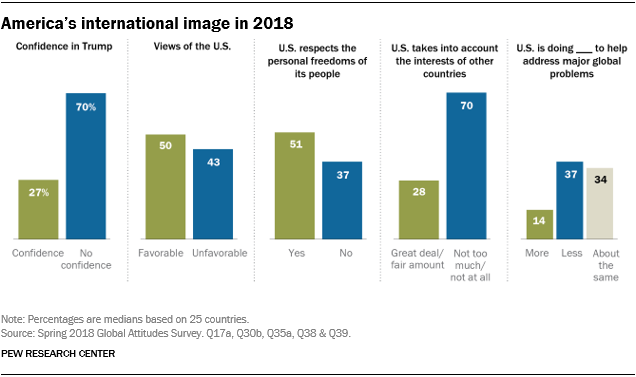
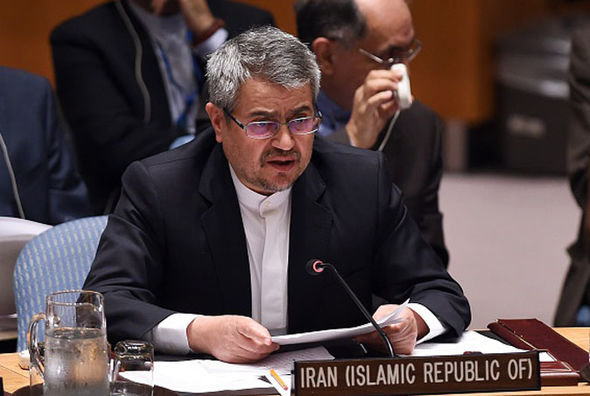
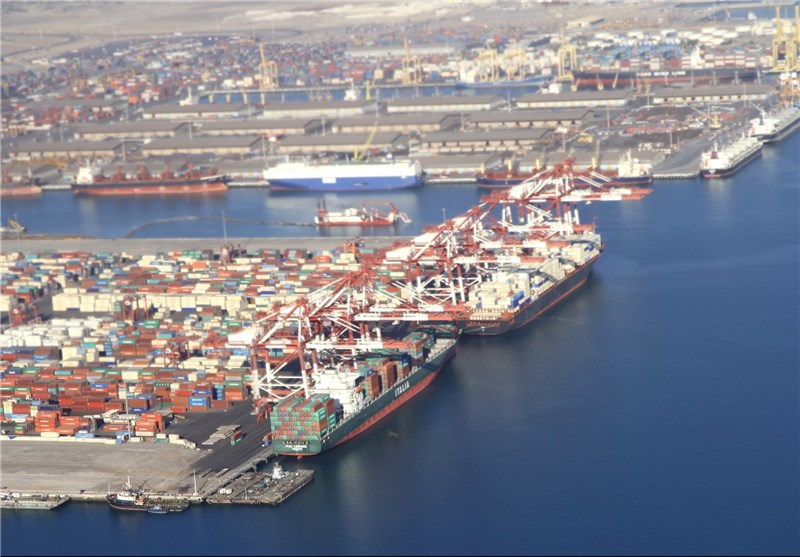
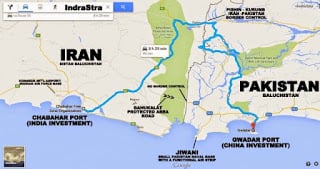

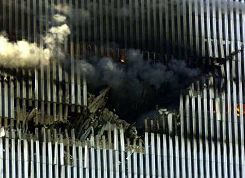
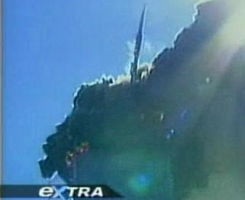

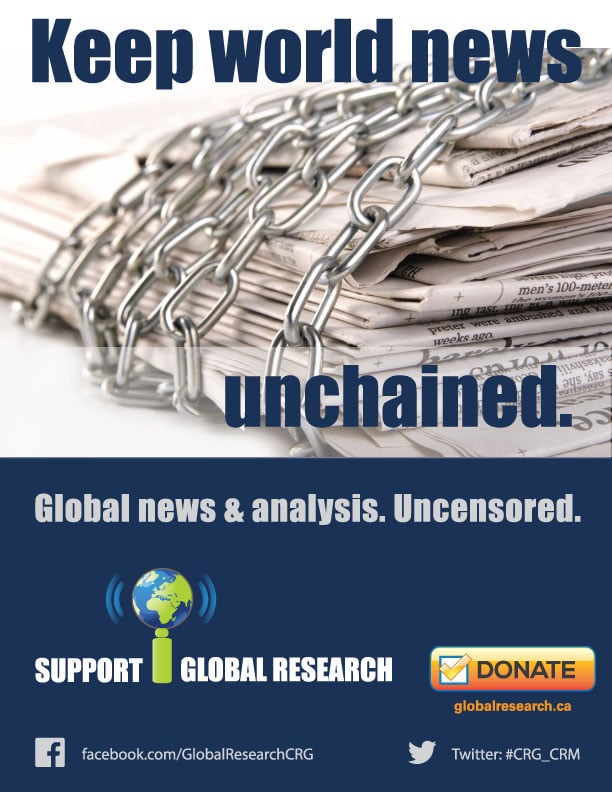




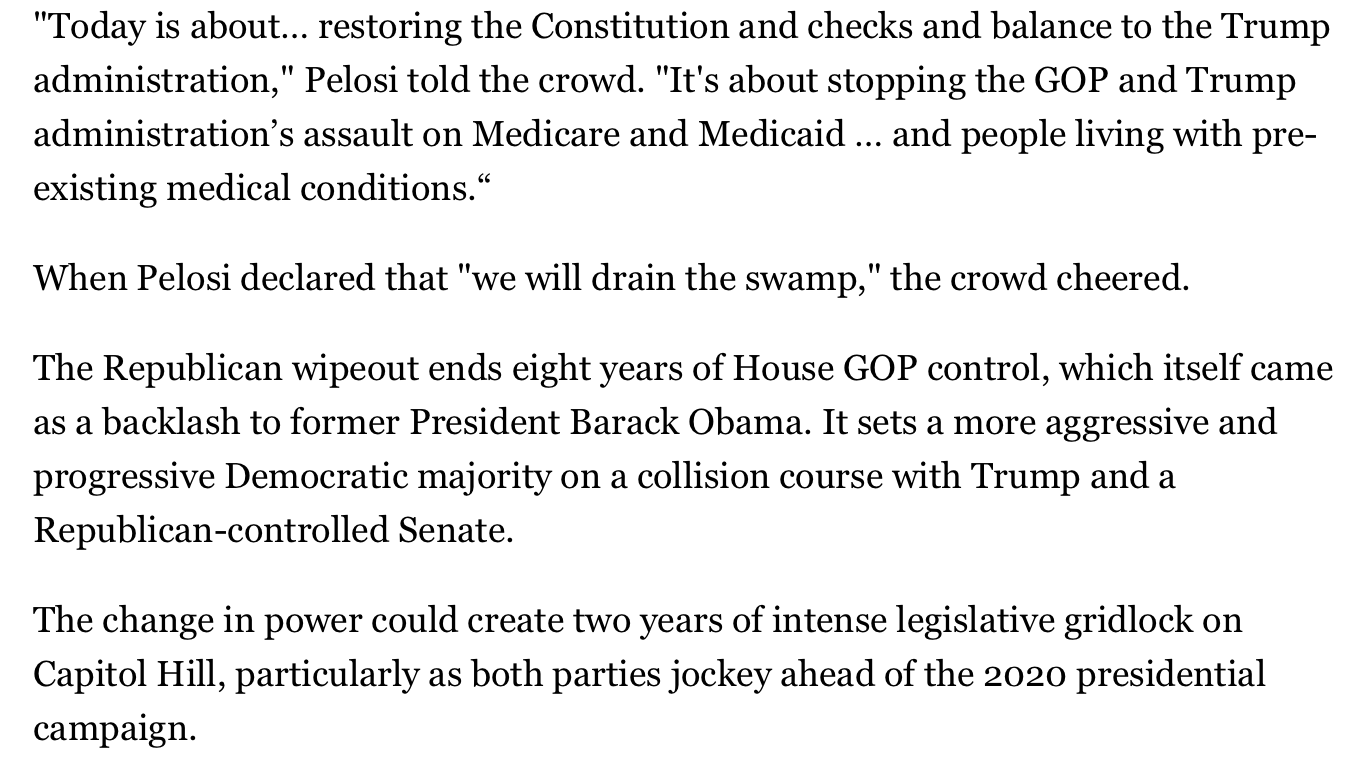
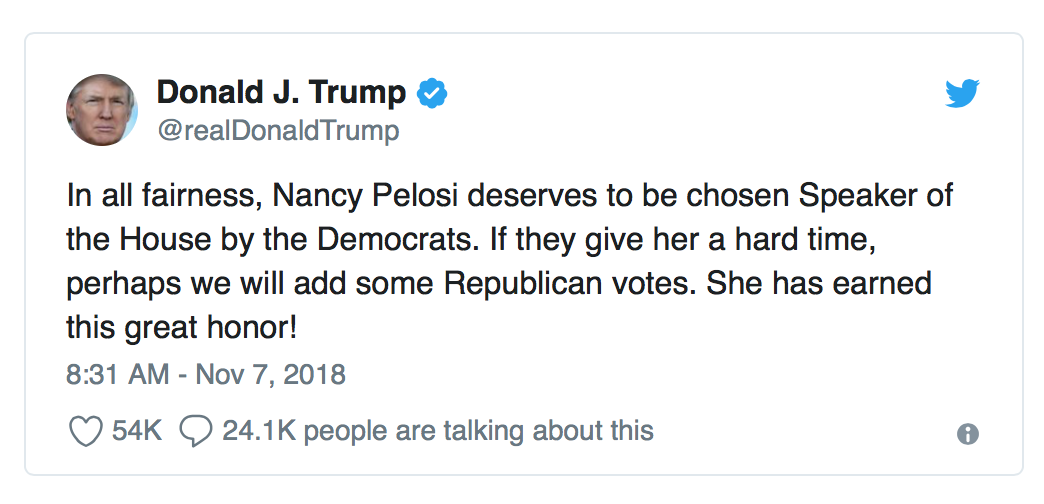

 According to the official, the 35-year-old Hawaii congresswoman is being looked as a candidate for secretary of state, secretary of defense or United Nations ambassador. If selected, Gabbard will be the first woman as well as the youngest pick for Trump’s Cabinet.
According to the official, the 35-year-old Hawaii congresswoman is being looked as a candidate for secretary of state, secretary of defense or United Nations ambassador. If selected, Gabbard will be the first woman as well as the youngest pick for Trump’s Cabinet.

